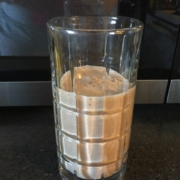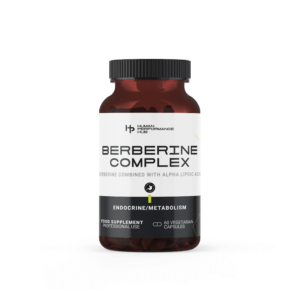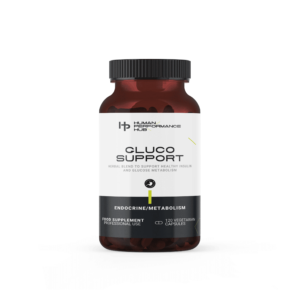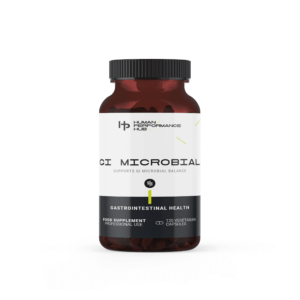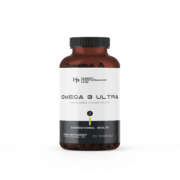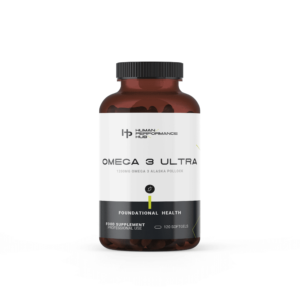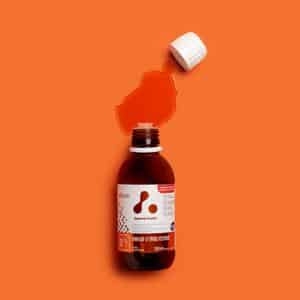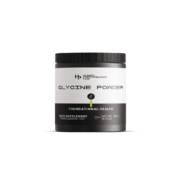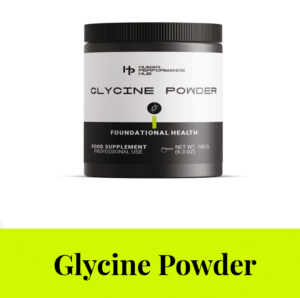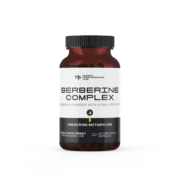Recovery after your workout is key to strengthening your muscles and repairing damage. Our experts at Human Performance Hub have put together this blog to explain the essential supplements and vitamins you should drink in your post-workout shake to help your body after an intense workout. So, what are the best things to have in your post-workout shake?
We’d recommend vitamins and supplements that help to restore your muscles, such as essential amino acids, vitamin C and collagen. Another key ingredient for your workout shake is carbohydrates to top up your depleted glycogen stores and help with upcoming training sessions.
Read on to discover the essentials you should drink in your post-workout shake.
What Essentials Should I Have In My Post-Workout Shake?
There are some key essentials that you should be adding to every post-workout shake:
1. Essential Amino Acids
Essential amino acids (EAAs) are the building blocks of muscle protein, and including them in your post-workout shake can help increase your muscle protein synthesis. This creates a positive protein balance, allowing your muscles to recover from the damage and grow.
At Human Performance Hub, we have an amino acid complex that also contains optimal doses of the Branched-Chain amino acid leucine, considered the most anabolic amino acid (promoting growth and metabolic activity), which is particularly applicable for athletes and individuals looking to build lean muscle mass.
2. Carbohydrates
An intense workout session will destroy your glycogen stores and blood glucose levels. During a strenuous workout session, your muscle contractions will use up your muscle’s glycogen stores and cause a drop in your blood glucose levels as your GLUT-4 receptors move more glucose into your cells to compensate.
Quick carbohydrates after a workout can replenish both your glucose and glycogen. This is vital if you are pushing heavy weights, as your muscles are burning carbohydrates for quick energy. We supply ATP Lab Penta carb carbohydrate supplements & electrolytes for your post-workout shake at Human Performance Hub to help restore your glycogen stores and benefit your future training sessions.
3. Magnesium Bisglycinate
During an intense training session, we deplete magnesium by up to 20%, therefore it is important to replenish this mineral which is key to so many processes in the body. Magnesium is essential for muscles to contract and relax and can improve exercise performance overall.
Our magnesium bisglycinate is perfect if you are looking to improve your sleep and if you are looking to recover between workouts. This is because it brings the nervous system to a more relaxed state, which is important for sleep and after a workout when you have been more alert.
4. Taurine
Taurine is an essential amino acid, and research has shown that taurine can increase muscle recovery after a workout and reduce soreness. It has also been shown to improve recovery time between workouts, which is essential if you regularly train. Taurine has also been linked to an increase in testosterone which we’ve written about in our blog “Does Taurine Give You Testosterone?”.
Our taurine supplement from Human Performance Hub is ideal for adding to your post-workout shake to support your muscles and speed up your recovery process.
5. Collagen
Taking collagen in your post-workout shake can help increase the three amino acids (glycine, proline, and hydroxyproline) that help protect your muscles from damage. Collagen is vital to your recovery, providing your joints, bones, and muscles with the proper support they need to repair after a workout.
Adding our collagen complex powder to your post-workout smoothie or shake will support your joint and bone health, which is vital after an intense workout.
Why Should You Have A Post-Workout Shake?
Building and repairing your muscles after a workout is important, and a post-workout shake does just that. While there isn’t any evidence to suggest that having a post-workout shake makes any difference to your muscle size or strength, it can help you form a routine and give you the right amount of protein required for a healthy diet.
Should You Have A Post-Workout Shake After Every Workout?
If you forget your protein shake post-workout, it shouldn’t matter, as studies show that you can take your protein shake whenever you get your daily protein intake. As the daily protein intake is 0.75g per kilo of body weight (around 45g for women and 55g for men), a protein shake is an ideal way to increase your protein intake throughout the day.
Can I Have My Workout Shake Before My Workout?
Yes, you can absolutely have your workout shake before you work out! This can give you some essential vitamins and minerals before you work out, giving your muscles added energy and strength. If you have enough time to digest your shake before your workout, make sure you make it easily digestible and help yourself hit your daily protein target.
Essential Supplements From Human Performance Hub
Human Performance Hub offers high-quality vitamins and supplements that are ideal to add to your protein shake to benefit your health. Whether you’re looking to repair your muscles or improve performance, our supplements are the ideal solution.
Take a look at our range of vitamins and supplements today, or get in contact with us for tailored advice.

